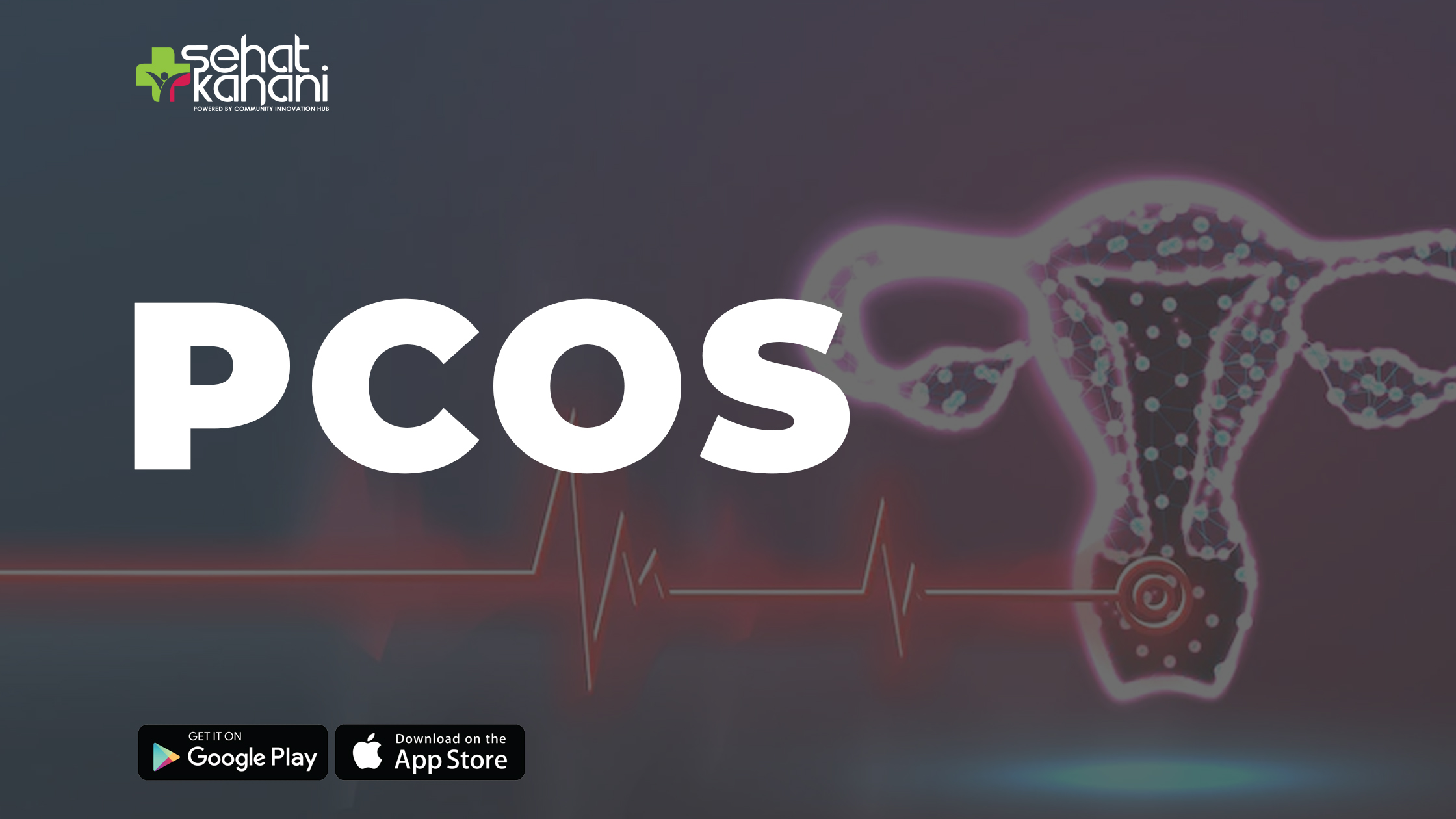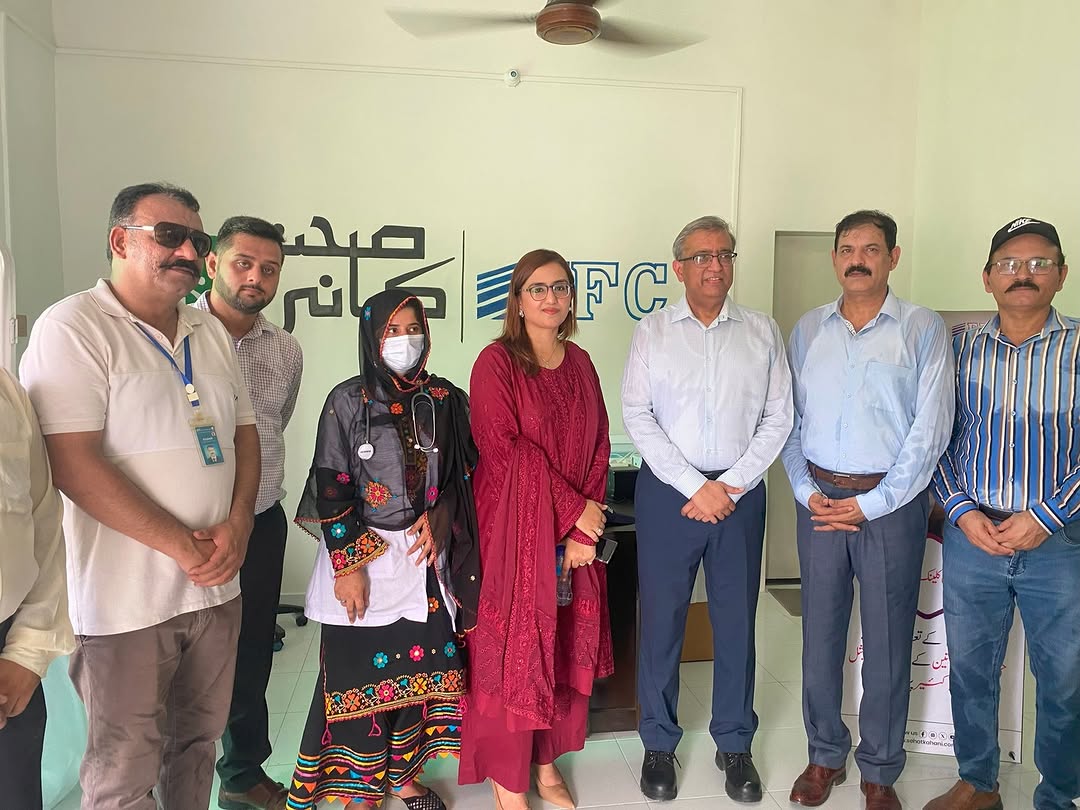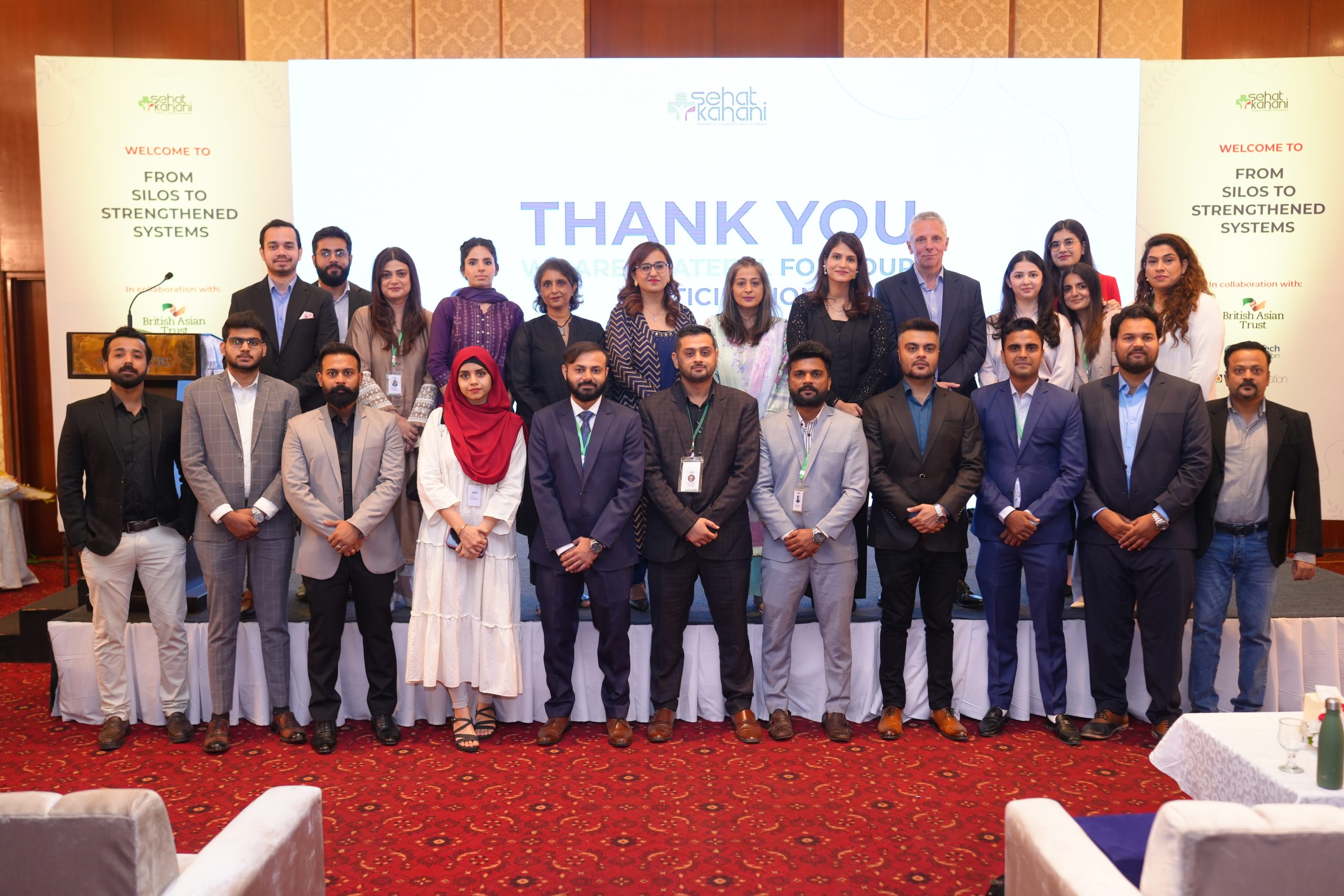
by Arfa Masihuddin
Sara was an unmarried, twenty-four old obese young lady who presented to the gynaecology clinic with complaints of irregular menses. On an average, she told her doctor, she had one period every five months. When she does, she experiences heavy bleeding and passage of large clots. The cramping, she frustratingly states, leaves her confined to her bed, unable to carry out her daily activities with ease. When asked about excessive facial hair, she did admit to having to frequently shave them off. Severe acne and hair loss just added to her problems.
Did she notice any change in her voice recently? No, she did not.
Did she notice any increase in the size of her muscles? No.
Did her mother have similar problems? Yes!
Described above is a typical case of what is known as the polycyctic ovarian syndrome, or PCOs, for short.
Affecting almost every other woman, PCOs go undiagnosed until a girl gets married and is ready to conceive. Unmanaged, it is one of the leading causes of infertility and also the most common endocrinopathy in women of reproductive years.
What causes PCOs:
High levels of the luteinizing hormone and increased insulin resistance beginning soon after a girl starts her first menses work together to cause ovarian growth, androgen production, and ovarian cyst formation. This is manifested as an irregular and painful menses, excessive facial hair growth, acne, weight gain, and later diabetes and diabetic complications, and cardiovascular diseases.
What to do if you experience any of the above signs and symptoms:
See a good gynaecologist at your earliest.
What is your doctor expected to do:
You will be advised to undergo a few laboratory tests ( LH and FSH on the third day of the cycle, fasting blood sugar, serum testosterone, serum estrogen, serum progesterone) and a pelvic ultrasound to detect the cysts on your ovaries. Based on your test results, your doctor may prescribe you certain medications and refer you to a dermatologist (for treatment of severe acne) and a nutritionist (to help you lose weight by eating healthy).Take home message:
Do not panic or stress out. Easier said than done, true, but managing your stress level is as important as compliance with medication. PCOs can be nerve-wrecking and in order to lead a happy life, it is important that you come up with your own strategy to deal with it. As you educate yourself and talk to other women with PCOs, remember that every human body is different, and you may not experience all of the signs and symptoms characterizing PCOs – no single criteria is sufficient for a clinical diagnosis.
A healthy diet, regular exercise, and a positive frame of mind can do half the job!




